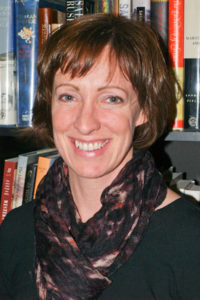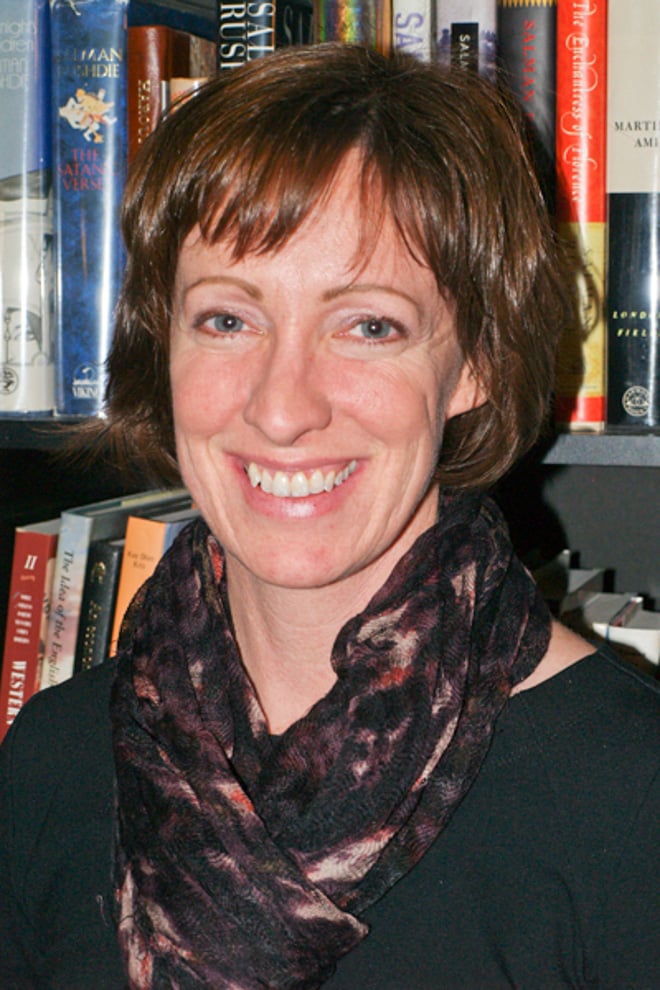Inge Hansen, director of outreach at Counseling and Psychological Services (CAPS), has been working with students and faculty on sexuality for the past eight years. Hired as a clinical psychologist, Hansen co-founded the Weiland Health Initiative to promote mental health and wellness across all genders and sexualities. This year, the Initiative partnered with the World Association of Sexual Health to host World Sexual Health Day on campus, a day for education and celebration of sexual health. The Daily sat down with Hansen to discuss World Sexual Health Day and how to dispel myths about sexuality.

The Stanford Daily (TSD): What is World Sexual Health Day?
Inge Hansen (IH): It’s from an organization called the World Association for Sexual Health, which, as it sounds, is a worldwide organization. Several years ago, the World Association for Sexual Health decided that there should be a day that celebrates sexual health in all its forms and that is educational. They actually designated it for Sept. 4, but students wouldn’t be back yet, so we pushed it to the end of the month for this year.
So it’s been in place for several years, and there are many countries that participate in it. They do their event and then the come back together as a worldwide organization and talk about what each place did, and they have videos of what they accomplished and what the event was like, and then they plan for the next year.
For the past several years, it has been held in New York City, so this is actually the first time the event will be held in California. It’s kind of like a conference in that it’s going to be educational, but it’s really a social event and celebratory too. There will be live music and dancing at the beginning and end — also dinner.
TSD: Why do you think it is important that we are discussing these issues?
IH: It feels like both our world and our media [are] infused with sexual images and messages, but not a lot of education or sex-positive messages. We use sex to sell cars, hamburgers, music and all kinds of things, but people grow up with very minimal sex-ed and it is very dependent on where you grew up. Whether you grew up in Portland or Texas, it is an entirely different situation in terms of what you learned about sex. Sometimes, even when people do have sex-ed programs, it can be very negative and full of the bad things that can be happen if you have sex. You hear things like “you can get HIV” or “you can get pregnant.”
I think there is very little in our education programs and in our society that focuses on accurate sex information and on pleasure. Bringing those together is really important, especially on a college campus.
TSD: Why do you think it is important for the Stanford student body to be talking about these issues?
IH: As an educational institution, I feel like we have a responsibility to educate in the classic academic way but [also to] educate holistically and create opportunities to have fresh and accurate information about all different areas of our lives. This is a time when a lot of people are learning about their sexuality, they’re exploring their sexuality, they’re away from home for the first time, figuring out who they are as sexual beings. It seems to me like an especially good time and place to be thinking about these things and talking about them openly.
Part of my vision for Stanford is for us to be a leader in this area around gender and sexual diversity, for us to be a model for other schools and other institutions on creating dialogue around this, offering education and offering events that really focus on representing health and pleasure.
TSD: Who is speaking at the event?
IH: We have six speakers. Dr. [Sarah] Nasserzadeh is speaking about sexual practices around the world and sexual myths around the world because she has international experience. I’ll be talking about queer and trans sexual assault and addressing some myths that we have about sexual assault. Donnovan Yisrael, who works here at Vaden in Health Promotion, will do a talk about what straight men need to come out about. Karli Cerankowski, who is also from Stanford, will be talking about asexuality and confronting myths around that. And then Hida Viloria is flying in and talking about intersexuality and myths around that. Finally, Dr. Emily Nagoski is also flying in. She wrote a book called “Come as You Are,” so it’s about women’s sexual pleasure and that’s what she’ll be talking about tonight.
Basically each of us will do short talks, almost like TED talks, just 10 minutes each. Then we will have a break and then come back and have [a] sort of Q&A.
TSD: What do you hope will be the impact of discussing these topics on the community?
IH: At a basic level, our theme for this year is “Dispelling Sexual Myths,” so what I would hope to happen is for people to walk away comfortably and for myths that they heard before or assumed to be dispelled and to have more accurate information around several different topics around sexuality.
I also hope to start a dialogue. They’re not all on your most basic and obvious sort of sexual topics, so I hope that people also walk away saying, “Wow, I never actually thought about that before. And if I didn’t think about that before, what else is out there that I don’t know about?” Then, that they may start talking more about it and get curious and do some of their own research and conversation so that it creates somewhat of a ripple effect in terms of how we think or talk about sex.
Contact Gillian Brassil at gbrassil ‘at’ stanford.edu.
